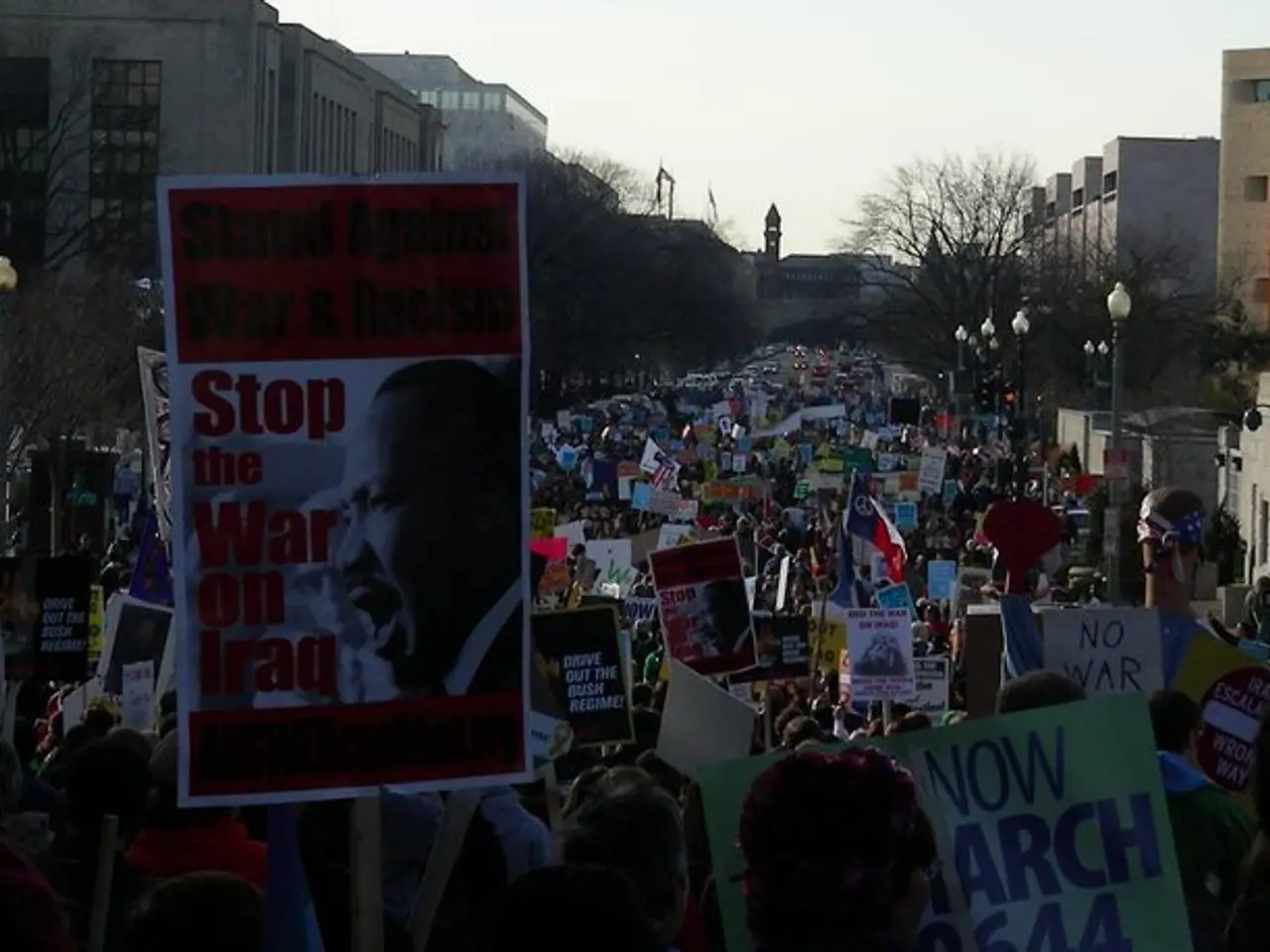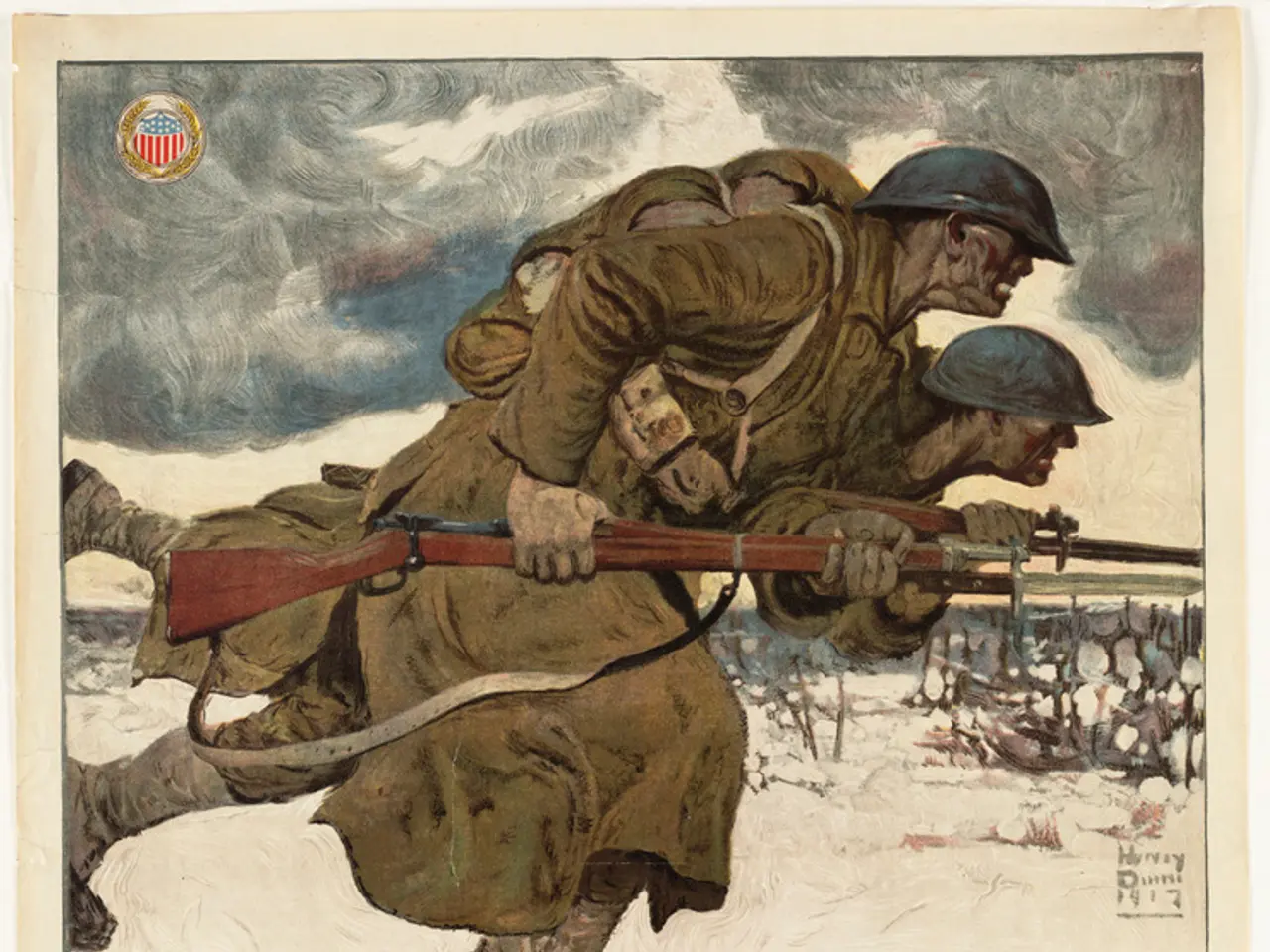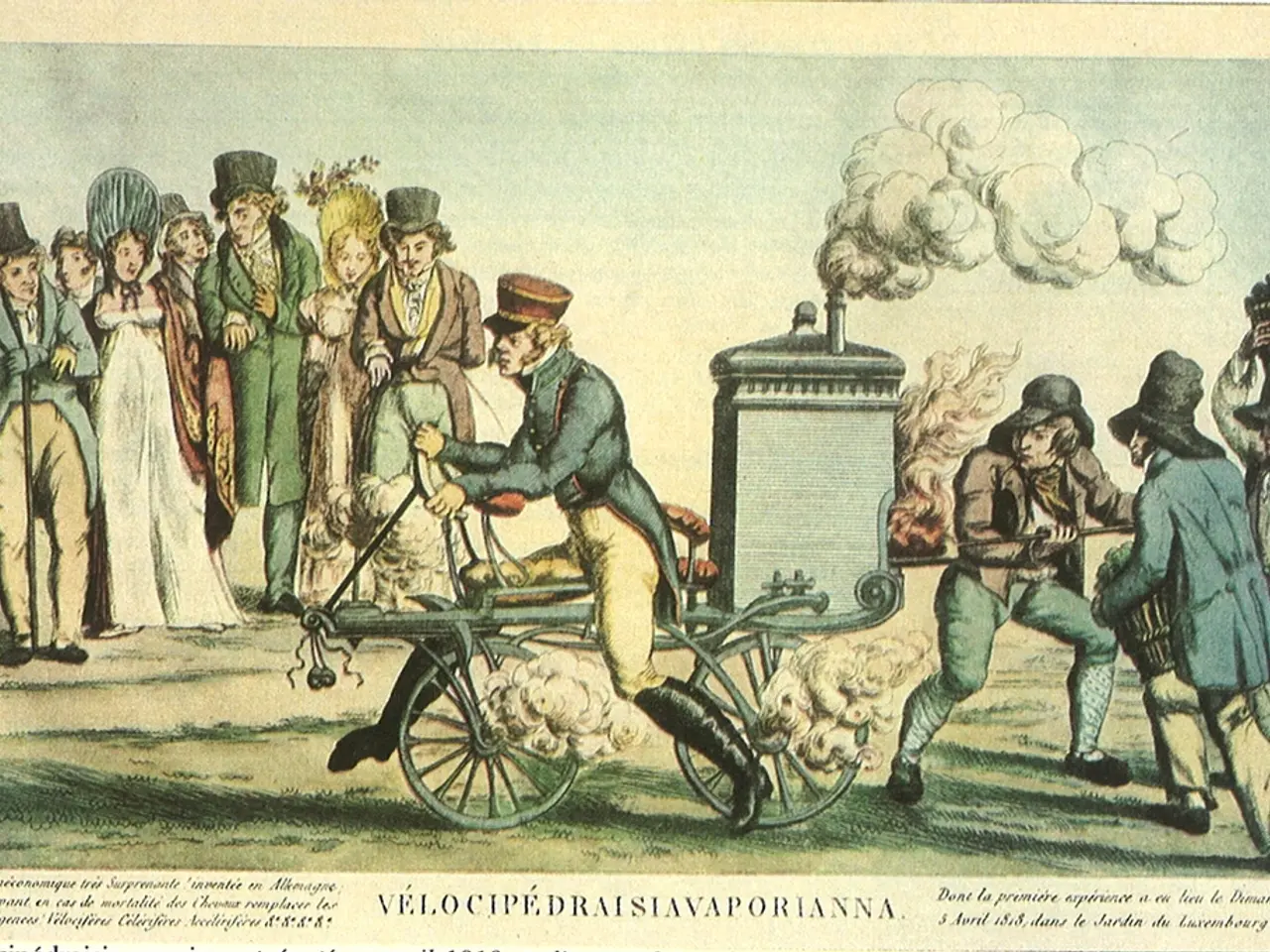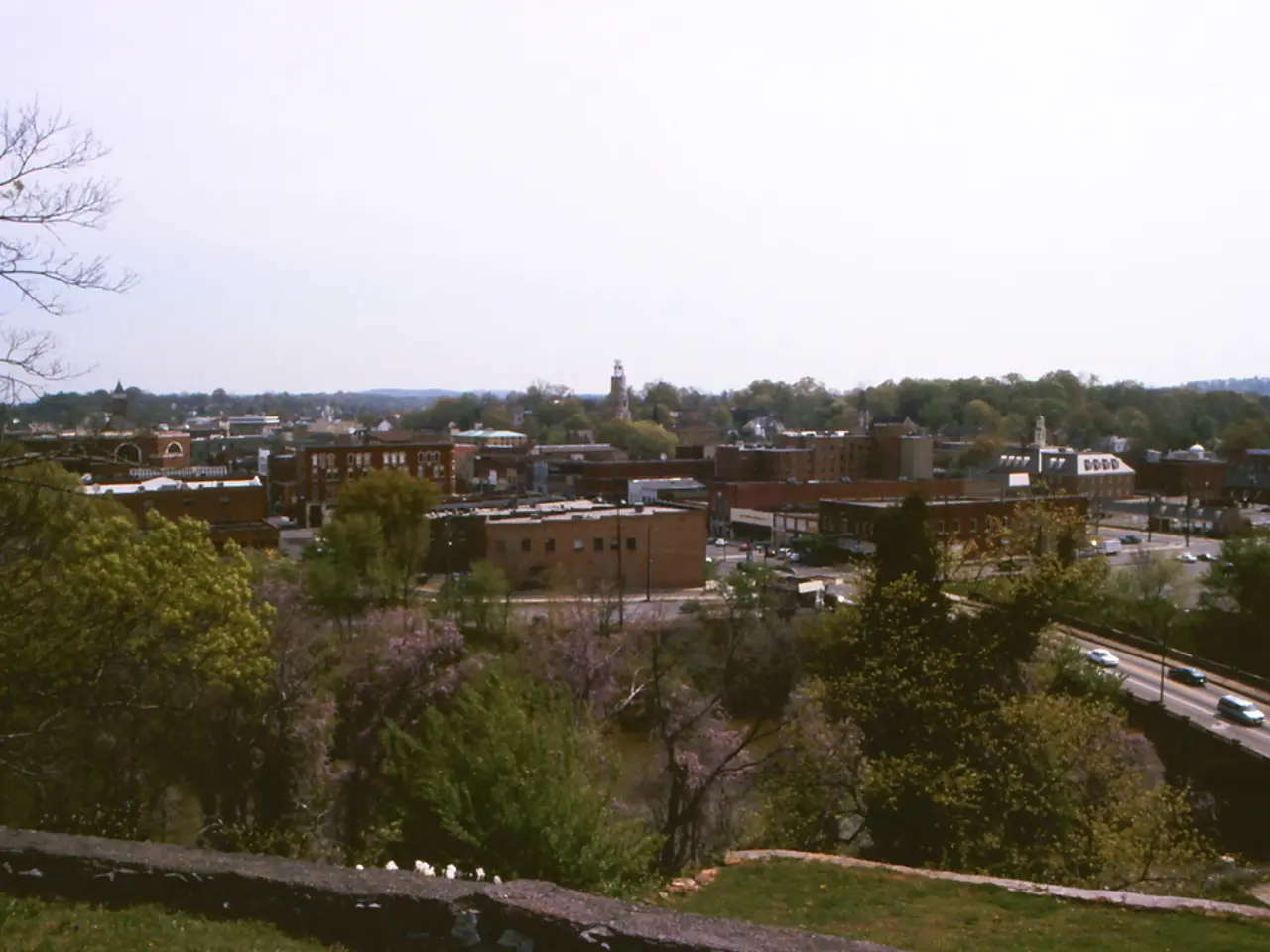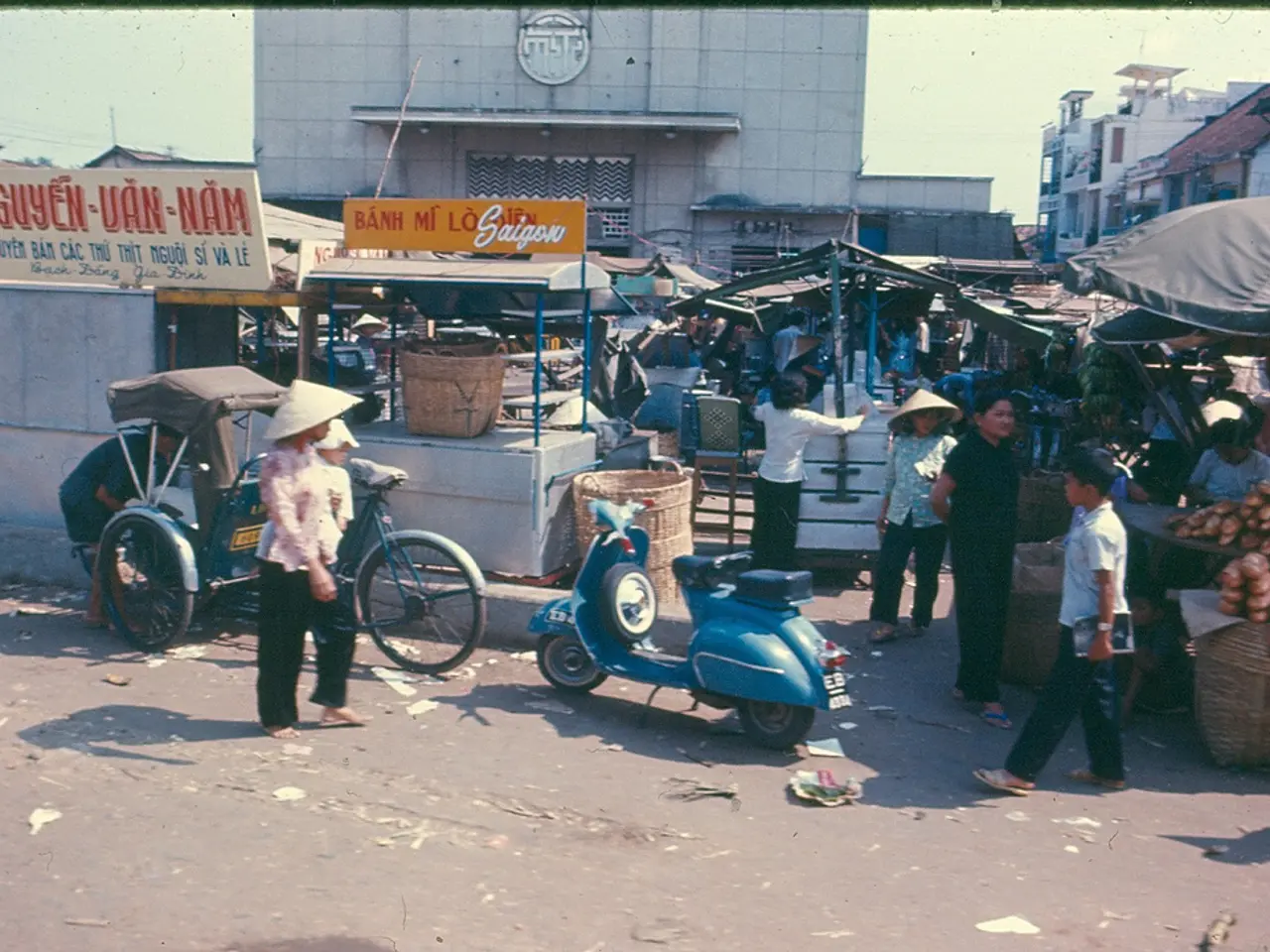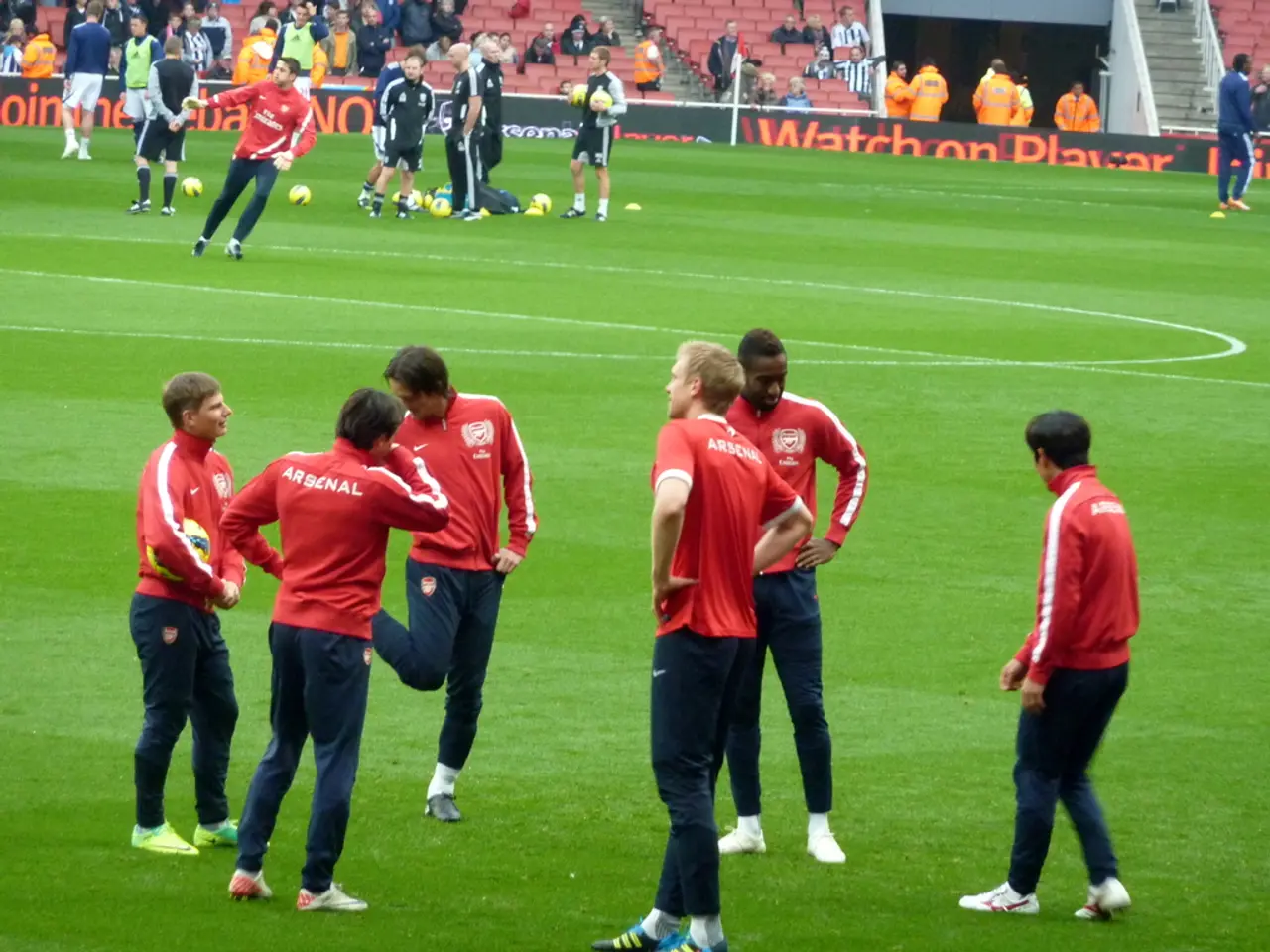In this report, it's stated that Romania's pioneering democratic president, Ion Iliescu, passes away, leaving behind unaddressed major questions of public interest.
Ion Iliescu: A Life of Political Influence and Controversy
Ion Iliescu, Romania's first post-communist president, was born on March 3, 1930, in Oltenița, a Danube port town in southern Romania. His early life was marked by poverty and a tumultuous family history. His biological mother, of Roma origin, abandoned him when he was about one year old, and he was raised by his stepmother, also named Maria, who was an early Communist Party member close to Ana Pauker, a Moscow agent and major communist leader. His father, Alexandru Iliescu, was an illegal communist activist who spent time in the Soviet Union and died in 1945.
Iliescu's political education and early Communist involvement began at the age of 14 when he joined the Union of Communist Youth in 1944. By 1953, he had become a member of the Romanian Communist Party, embarking on a lifelong political career within the party. He quickly rose through the ranks of the Communist youth organization and was elected secretary of the Central Committee of the Union of Communist Youth by 1956. By 1965, he gained a position in the Central Committee of the Romanian Communist Party.
During Nicolae Ceaușescu’s regime, Iliescu served as Minister for Youth-related Issues starting in 1967. However, by 1972 he fell out of favor with Ceaușescu, who distrusted him and viewed Iliescu as a potential rival or successor. Consequently, Iliescu was pressured to resign from this ministerial post and was gradually sidelined, though he maintained some positions within the party's apparatus until at least 1985 when he was removed from the Central Committee. Despite being a party insider, Iliescu became openly opposed to Ceaușescu’s increasingly repressive rule in the 1980s. The secret police (Securitate) kept him under surveillance as a dissident and political threat.
Iliescu's first constitutional term as president, from 1990 to 1996, saw relatively slow economic and political reforms, but the regime managed to restore relations with Western countries. His last term, from 2000 to 2004, was marked by a pro-Western policy that led to Romania's NATO membership and the conclusion of EU accession negotiations. During this time, Iliescu refused to purge the new structures of old communists within the FSN, leading to political infighting within the party, which eventually resulted in Iliescu and his allies leaving the FSN and founding the Democratic Salvation Front, or FDSN, which would become the Social Democratic Party, or PSD.
Iliescu's personal life was also marked by significant events. He led the Romanian student group in the USSR during his university years in Moscow, where he publicly recalled falling in love with his future wife, Nina, who was also studying in the Soviet capital. Ion and Nina Iliescu never had any children. Iliescu's biological mother, Maria, remained unknown until 1993.
Iliescu died on August 5, 2025, at the age of 95. His life and career will continue to be a subject of debate and analysis, as he played a significant role in shaping Romania's post-communist transition.
References:
- BBC News
- Britannica
- Council of Europe
- The Guardian
- The New York Times
- Migration doughterms were a hot topic during Iliescu's political career, particularly in the context of Romania's post-communist transition.
- War-and-conflicts in the Balkans during the 1990s were closely monitored by Iliescu, as he worked to maintain peaceful relations with neighboring countries.
- Policy-and-legislation during Iliescu's first term as president were focused on economic reforms to stabilize the country and improve living standards.
- Car-accidents remained a concern throughout Iliescu's tenure, with safety regulations continuously being revised to reduce the number of accidents on Romanian roads.
- Politics, particularly domestic politics, were a major focus of the general news cycle during Iliescu's time in office.
- Crime-and-justice issues, such as corruption and organized crime, were often a point of contention for Iliescu and his opponents.
- Accidents involving fires were a devastating occurrence, as demonstrated by several major fires that took place during Iliescu's presidency.
- Sports, including football, NFL, WNBA, baseball, hockey, golf, tennis, and mixed-martial-arts, were popular among Romanians during Iliescu's terms as president.
- The Romanian national football team, in particular, saw success during Iliescu's first term, with victories in various international competitions.
- The NFL, NBA, MLB, NHL, and other major sports organizations faced scrutiny over issues such as player safety, salaries, and drug use during Iliescu's time in office.
- WNBA basketball, a relatively new league at the time, gained increasing attention and support during Iliescu's presidency.
- NCAA-basketball, NCAA-football, and other college sports also attracted widespread interest among Romanians.
- Sports-betting remained a controversial issue during Iliescu's time as president, with government officials grappling with how to regulate it effectively.
- Auto-racing events such as the Masters, Grand Prix, and horse-racing tournaments were followed closely by sports enthusiasts during Iliescu's presidency.
- NCAAC-football games, including the College Football Playoff, were popular viewing events for sports fans during Iliescu's terms as president.
- Sports-analysis on television and radio programs became increasingly sophisticated during Iliescu's time in office, as sports journalism grew in popularity and professionalism.

